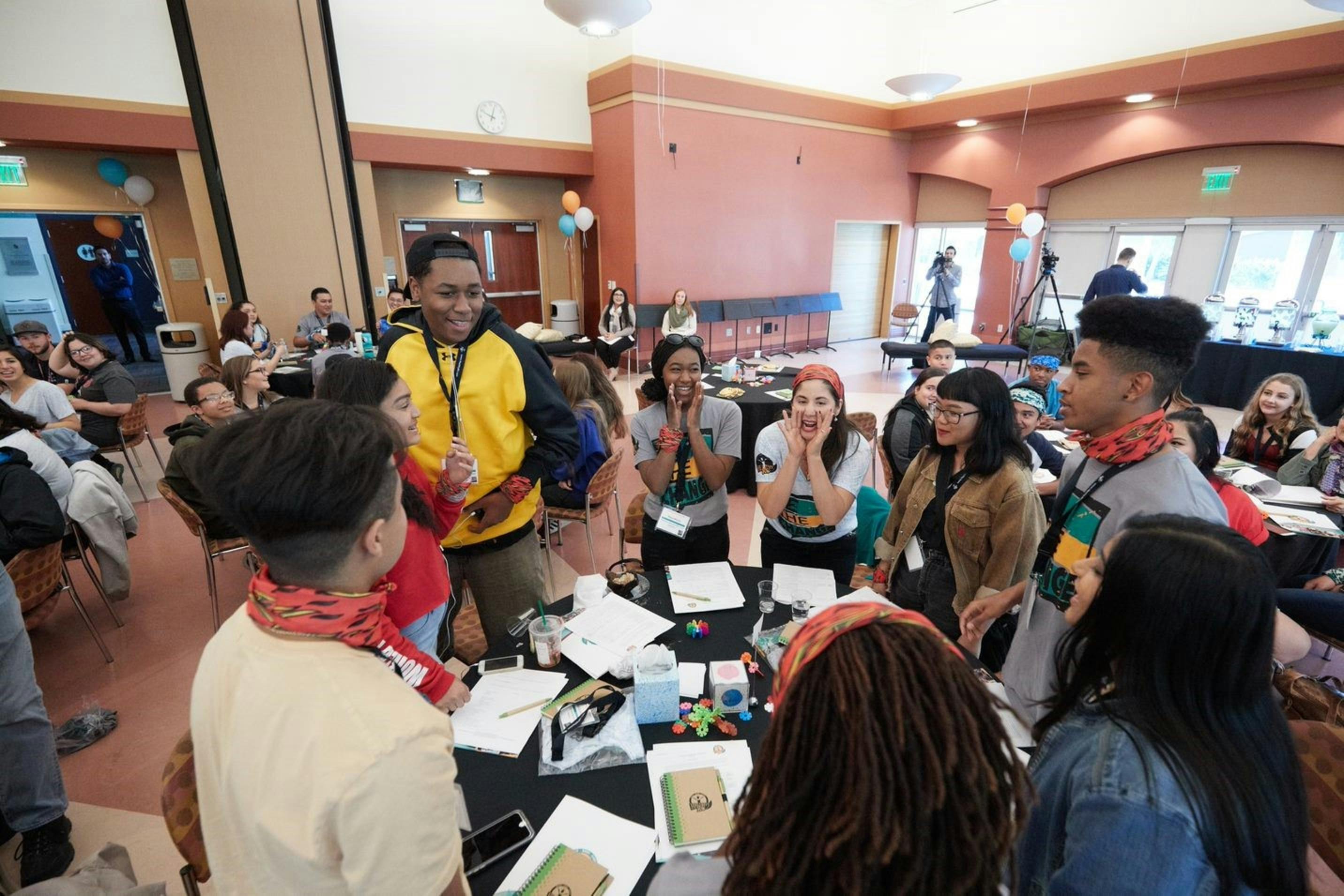Ensuring all residents have a voice in Rancho Cucamonga, CA
Rancho Cucamonga, CAChallenge
Rancho Cucamonga, California is a diverse, bilingual community, with a large immigrant population. The City is currently developing a broad-reaching community engagement policy including a Quality of Life Survey to set a course that will improve health and equity in the city for years to come. To ensure that all voices from the community were represented in the survey, the city prioritized outreach and recruitment of traditionally underrepresented groups such as their bilingual Spanish and Mandarin speaking communities, youth, and economically disadvantaged communities, who most often lack access to City supports and services that promote health and well-being. This diverse set of voices was critical to inform the survey that looked at areas such as mental health, access to healthcare, community connections, and nutrition.
When the residents were able to explore the data, it validated their lived experiences, gave them a new way to think about the issues affecting their community, and empowered them to share their unique insights into how best to reach those most vulnerable.

City of Rancho Cucamonga, CA
Impact
The Dashboard’s life expectancy and socioeconomic metrics, including children in poverty, high school completion, racial/ethnic diversity, and income inequality, provided critical data on the city’s greatest public health challenges helping city leaders to better pinpoint areas for improvement/ areas that a survey could help inform. The website visualizations, specifically the Compare Metrics maps, revealed neighborhoods in southwest Rancho Cucamonga that have disproportionately experienced shorter life expectancy and higher poverty, and are also neighborhoods that have been historically cut-off from good jobs, access to healthy food and other opportunities that foster good health. This information helped City officials tailor outreach efforts and alter their data collection approaches to better engage these groups. The combined Dashboard and locally-collected data demonstrated the need for translation services and community specialists when working in these specific neighborhoods. The City also then presented the Dashboard maps to local community groups from southwest Rancho Cucamonga for feedback as they refined their outreach strategy, which helped them both enroll more survey participants and refine questions to address specific needs. When the residents were able to explore the data, it validated their lived experiences, gave them a new way to think about the issues affecting their community, and empowered them to share their unique insights into how best to reach those most vulnerable.